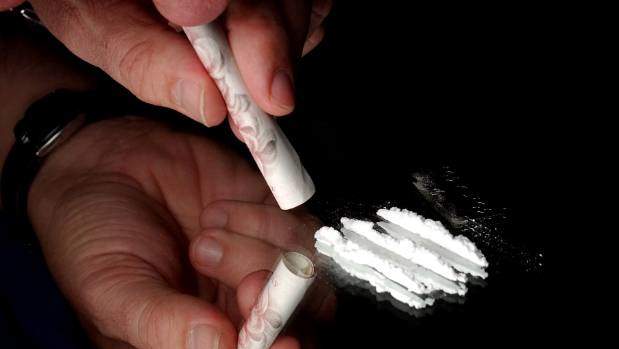Cocaine Abuse: Signs, Symptoms & Side Effects
Cocaine can spell danger after a single use. Over time, this drug can destroy someone’s life in every imaginable way. There are no related health benefits to speak of, despite its early misguided use in elixirs and medicine. Identifying a cocaine habit in a friend or family member demands prompt attention in order to get them the help they need. If you know what to look for, spotting the signs of cocaine use early on can help you intervene before tragedy strikes. Cocaine abuse signs, symptoms and side effects will only become more apparent over time, but recognizing them means nothing unless you take action and get involved.
The first signs of cocaine abuse may be minor compared to more blatant cocaine addiction behavior. The physical and psychological symptoms inevitably escalate along with the behavioral signs and consequences. Getting a loved one to break free from cocaine abuse is easier in the early stages; once addiction takes over, reversing the damage can take months or even years. Worrisome signs may indicate a cocaine problem, if not a similarly dangerous issue, so early intervention can go a long way in resolving whatever the problem may be. Some basic signals that your loved one is abusing cocaine include.
Cocaine is not cheap. In order to fund a cocaine habit or addiction, many go to extreme lengths to pay for the next bump. This can mean repeatedly asking for money, stealing from friends or family members, taking on extra jobs, taking out loans, selling their possessions, or beginning to sell drugs themselves. It’s not uncommon for those who are addicted to cocaine to empty their savings accounts or retirement funds in the process of feeding their addiction. As cocaine misuse progresses, it can result in a series of life-altering outcomes that should be red flags and prompt immediate attention.
- Quitting or getting kicked out of school
- Leaving or getting fired from a job
- Bankruptcy or serious debt
- Lost friendships and relationships
- Trouble with the law
On top of all this — and often simultaneously — cocaine addiction may cause physical and mental harm that can land someone in the emergency room at any moment. Cocaine has an enormous effect on a person’s well-being. The following are some of the tell-tale symptoms:
- Paranoia
- Emotional swings
- Insomnia, followed by hypersomnia, or prolonged periods of sleep
- Anxiety
- Short attention span
- Hyperstimulation and energy levels
- Bursts of elevated mood and euphoria
- Lethargy and introversion
- Irritability
- Hallucinations
- Loss of appetite
A common thread among those who habitually misuse cocaine is the unpredictable and extreme variance in mood, caused by a chemical imbalance. A loved one who develops a cocaine addiction can become distant and unrecognizable from the person you used to know. This can make it difficult to observe minute details or confront the situation. The more these symptoms pile up, though, the more urgent the problem becomes.


